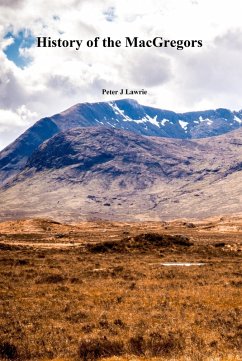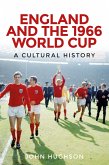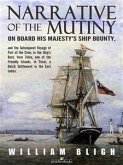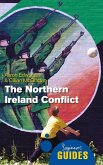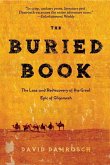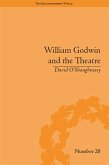An account of the chiefs follows the early history of the Clan, Due to its circumstances, the clan frequently came to the attention of the state, so that much of the book is about conflict, especially the one-sided Battle of Glen Fruin where just two MacGregors died in a victory in which 140 of their enemies lost their lives. Strangely, as the proscription was imposed by a Stewart monarch, the descendants of the survivors would go on to support the Stewart dynasty during the Wars of Covenant and civil wars from 1638 to 1660 and in every Jacobite Rising, 1689, 1715, 1719 and 1745-46.
Despite the intention of King James that the race should be "extirpat", there are very many MacGregors living on every continent today. It is to be hoped that some of them may find this study of value.
Since 1995, the author has been Vice-chairman of the Clan Gregor Society and editor of the Society Newsletter. For the avoidance of doubt, the opinions and views expressed herein are those of the author and not necessarily those of the Clan Gregor Society
The following chapters are the result of many years of study. Most have been published online on my personal glendiscovery website. I have been encouraged to take a few of the chapters most relevant to the Clan Gregor and edit them into a book under my own name, rather than that of the Clan Gregor Society.
Dieser Download kann aus rechtlichen Gründen nur mit Rechnungsadresse in A, B, CY, CZ, D, DK, EW, E, FIN, F, GR, H, IRL, I, LT, L, LR, M, NL, PL, P, R, S, SLO, SK ausgeliefert werden.

